Study Finds Green Economy Outpacing Traditional Economy





 Email to a friend
Permalink
Email to a friend
Permalink
Thursday, December 03, 2015
Brendan Murray, GoLocalPDX Contributor
A new study released by a coalition of west-coast partners regarding green and sustainable jobs and industry shows that the so called “green economy” is flourishing in oregon and in the pacific northwest region as a whole.
“West Coast Clean Economy: 2010-2014 Jobs Update”, commissioned by the Pacific Coast Collaborative, reports that the “clean economy” is growing twice as past as the traditional economy in the region. The news was especially good for Oregon green and sustainable companies and industries.
According to the report, Oregon added 4,800 clean economy jobs to a total of 48,321, growing 11 percent since 2010, faster than the state’s overall economy. In addition, Oregon’s clean economy GDP grew 25 percent to reach $7 billion since 2010.
Eric Jaffe, a spokesman for the Pacific Coast Collaborative, told GoLocal that the industry has benefitted from a new-found commitment to going green.
“What’s different now is that businesses and consumers are moving in droves to clean energy as costs come down and the consequences of continuing to do the same old thing come into focus,” Jaffe said. “West Coast governments have seen this trend coming for a long time and started putting the right policy actions in place to help the evolving clean economy meet its full potential.”
Rapid Growth
In Oregon, energy efficiency products and services, renewable energy, professional environmental services, remediation, and conservation each saw large growth over the last five years, according to the report.
Brad Reed, a spokesman with Renew Oregon, an environmental and energy conservation organization, told GoLocal the reasons for the success of green industry is two-fold.
“Firstly, Oregonians want clean energy. Demand is high. It's an industry that is boosting economies in rural areas and cities,” Reed said. “I heard an Eastern Oregon wheat farmer once say the most profitable crop he'd ever had on his land is windmills. Secondly, the cost of renewable energy is plummeting. For instance, the price of solar panels has dropped 80% in the last 5 years.”
Green building and energy efficiency saw the most employment growth in Oregon, growing a total of 26 percent between 2010 and 2014. Jobs related to the manufacturing and installation of energy efficient products saw the highest rate of growth within those industries. Oregon’s Clean Energy Supply sector grew at an overall rate of 22 percent, in part due to efforts to expand its clean technology clusters with global manufacturers of renewable energy systems and equipment.
Reed said that with this growth, new energy companies are competing with traditional powers such as fossil fuels, giving consumers more options.
“Renewables are competing with fossil fuels like coal and oil like never before, and clean energy doesn't come with all the baggage of pollution and damage to our health,” Reed said. “Businesses understand that and want to make a smart investment that also saves money in the long run.”
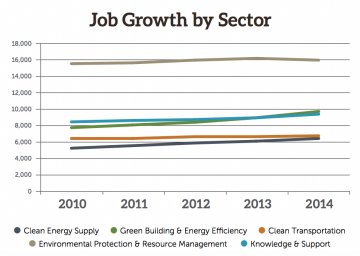
Green Job growth in Oregon; courtesy of the Pacific Coast Collaborative
Will It Continue?
Jaffee said he believes that green industry in Oregon and across the region would continue to find success in the years to come.
“The clean economy will continue to grow for years,” Jaffe said. “What’s maybe even more significant is how these industries are having a secondary impact on the larger economy.”
Reed said that if growth and success are going to continue, green businesses will need to continue to think differently
“The places highlighted in this clean economy report all have smart, forward-thinking policies in place to encourage a transition to a clean energy economy,” Reed said. From renewable electricity requirements to clean fuels standards and incentives for efficient buildings, these policies drive innovation, investment and growth.”
Reed also said that continued investments and commitments from local and state governments to the industry would allow it to flourish.
“It's no coincidence that some of the world's largest renewable energy companies chose Oregon for their U.S. headquarters -- businesses like Iberdrola, Vestas and SolarWorld,” Reed said. “Oregon has seen nearly $10 billion in investment and thousands of jobs created since our first major wind project came online. Having a level playing field for renewables to compete will draw business here, create good-paying jobs and allow Oregon to export our innovation.”
Related Slideshow: 25 Ways to Go Green This Fall

Prev
Next
Carve Fewer Jack-O-Lanter
Halloween celebrators beware! According to the U.S. Energy Department, pumpkins cause major waste issues each year on Halloween.
The majority of the 1.3 billion pounds of pumpkins produced in the U.S. end up in dumps and landfills, according the Energy Department’s website, becoming part of the “more than 254 million tons of municipal solid waste (MSW) produced in the United States every year.”
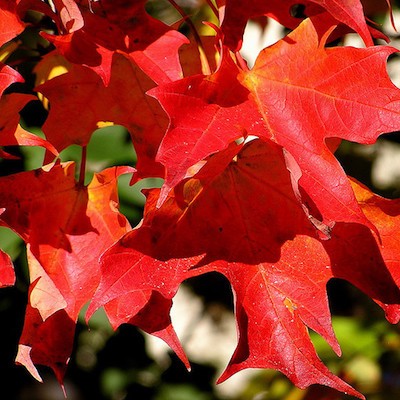
Prev
Next
Compost
After you've finished using that rake to pack up your lawn's leaves, don't just throw them in the trash.
Instead, compost them! By combining the leaves with a nitrogen source such as manure, you can make a great natural fertilizer. For more info on how to start composting, click here.
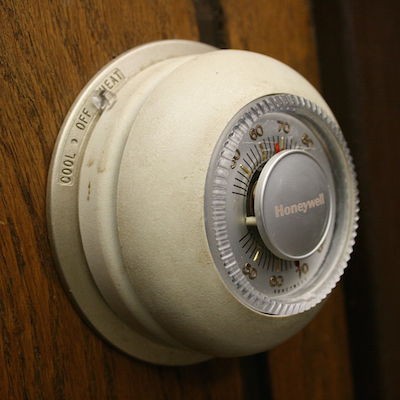
Prev
Next
Turn Down the Thermostat
In order to save some energy (and some money) turn down your house's thermostat a few degrees this fall. You may not notice the difference, but the environment sure will.
If you're still a little cold, throw on a sweatshirt. For even more savings, turn your heat down even lower when your family leaves for work school or a vacation.

Prev
Next
Learn About Energy Use
For tips on how to cut down your energy usage, Amy Lodholz, Development Director at the Corvallis Environmental Center, said to check out the Communities Take Charge program.
By filling out a short survey on your habits, Communities Take Charge can give you recommendations on how to live your life in a "greener" fashion.
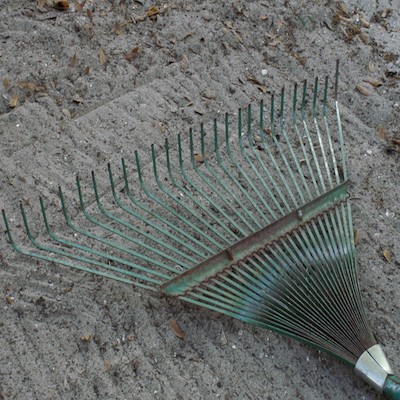
Prev
Next
Put Down The Leaf Blower
When it comes time to get all the fallen leaves off of your lawn, don't reach for your electric or gas-powered leaf blower. Appliances like those can release pollutants into the atmosphere, and that is definitely not going green.
Instead, use manual lawn tools to save energy. Nothing gets the job done better than a good, ol' fashioned rake.
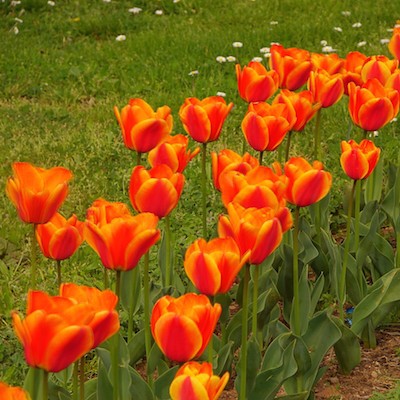
Prev
Next
Plant Some Bulbs
Think fall is for harvesting, not for planting? Think again!
Fall is the perfect time to plant spring-flowering plants like tulips to make sure you have gorgeous flowers when warmer weather rolls around again next year. For more tips on fall planting, click here.
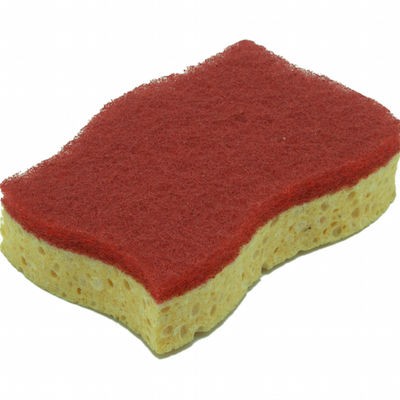
Prev
Next
Green Cleaning
Preparing for your holiday? Want to make sure your house is sparkling clean for your friends family and other guests?
Well, instead of using chemical-ridden commercial cleaners, try using homemade, all natural cleaning supplies. All you need are a few comments lemons, vinegar and baking soda. For more information, click here.
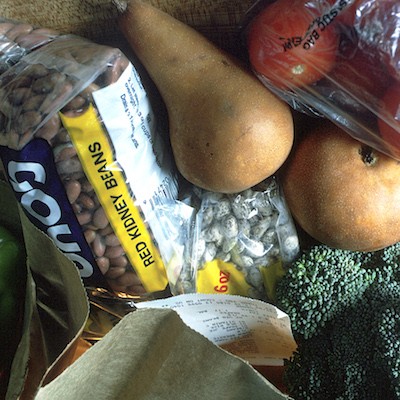
Prev
Next
Make Fewer Trips to the G
If you're headed to the grocery store to pick up food and supplies for your next party try to take as few trips as possible. You'll save money on gas, and have to drive less, making this a perfect way to go green.
If you can, try to get all your items at one store. This way, you'll use even less gas when shopping.
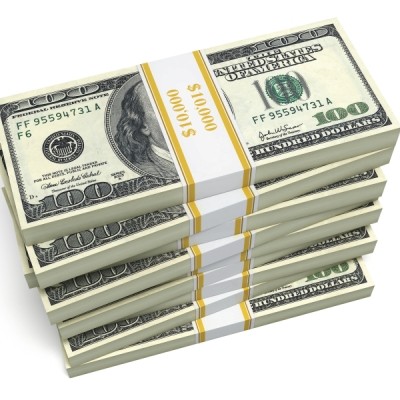
Prev
Next
Support Green Businesses
When you spend your "green" make sure it's with a company that goes green. By patronizing eco-friendly businesses you can put your money where your mouth is.
The Oregon Secretary of State maintains a record of "Benefit Companies," businesses who have made a legally binding sustainability obligation. To check out the list of green businesses, click here.
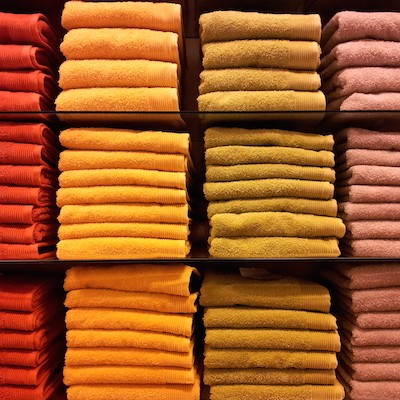
Prev
Next
Use Cloth Towels Instead
When you go to clean up the next glass of spilled milk don't cry—and don't reach for any paper towels.
Instead, try a cloth towel or rag. You can wash them repeatedly, save money on paper towels, and save the environment by creating less waste.

Prev
Next
Seal Drafts
To keep the cold fall wind out of your home, and keep your warm air inside, be sure to seal up any drafts around windows or doors in your house or apartment.
Drafts can do serious damage to your heating bill, and will be a major drain on energy usage, so make sure to seal them up soon. For more information on how to seal them, click here.
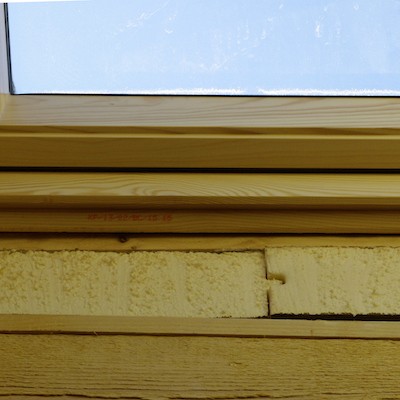
Prev
Next
Insulate Your Home
Insulation is one of the best ways to save money and energy in your home. Insulation will keep the cold air out of your home, and, better yet, keep the warm toasty air right inside your house where you want it.
If you better the insulation in your home, not only will your home be warmer, you'll go green and save money on your heating costs.
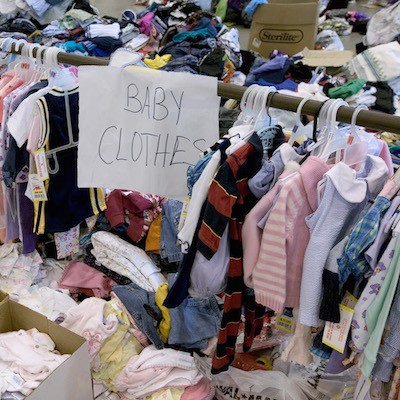
Prev
Next
Donate Clothes
When you take out your warm winter wares and put away your summer clothes, check to see what items no longer fit and which you no longer wear.
If you have items that are usable that you just don’t need or want anymore, don’t throw them away. Help them find a new home by connecting with people locally who want to give and get things for free.
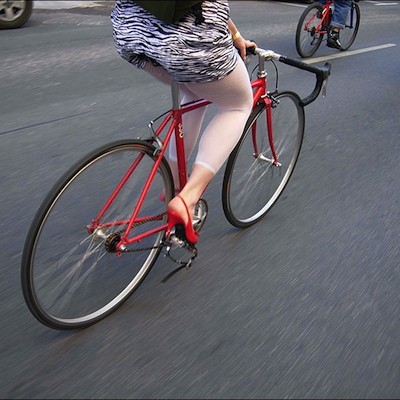
Prev
Next
Walk and Bike More
There are only a few more weeks before the temperatures here in Massachusetts start to really dip to frigid numbers.
Enjoy the cool, crisp weather of fall and walk or ride your bike. You'll save on gas, save the environment, and it's good for you!
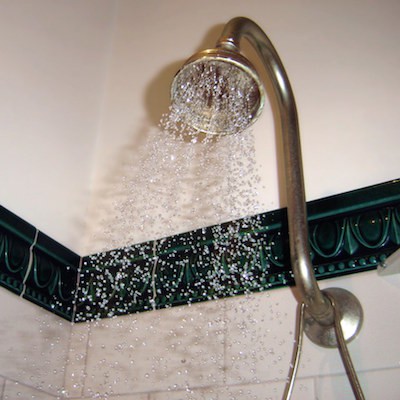
Prev
Next
Take Shorter Showers
Who doesn't love the feeling of a nice hot shower after spending some time outdoors in the brisk fall air?
Only one problem—those long showers waste lots of water. Try taking shorter showers in order to go green this fall.

Prev
Next
Opt-Out of Junk Mail
Junk mail is the worst. No one likes it, and it only serves to clutter up our homes, trash cans and landfills. But, did you know there is a way to "opt-out" of junk mail?
You can get off most unsolicited mail lists simply by calling 1-888-5-OPTOUT (1-888-567-8688). Also, instead of browsing through catalogs, look at products online—most catalog companies publish online versions of their products, perfect for saving paper and going green.
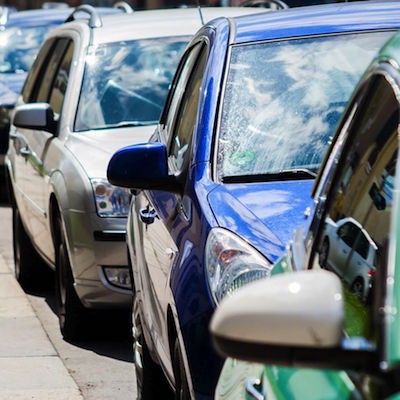
Prev
Next
Car Pool
During the holiday season, there is plenty of energy to be saved on the highway by sharing rides with family members or friends headed to the same place.
Before you’re going somewhere, start thinking about who you might be able to carpool with and make arrangements so one car instead of two or three are on the road for the trip. Even if it’s just for a few miles, this adds up and can reduce gridlock and air pollution.
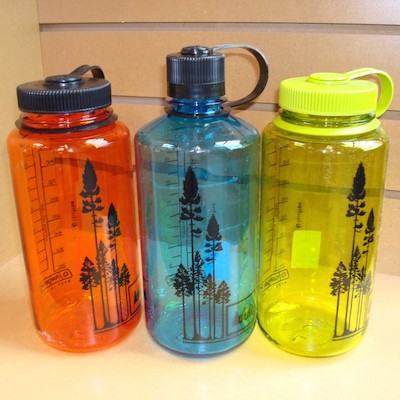
Prev
Next
Ditch Bottled Water
Everyone knows that water is the healthiest beverage option. Next time you're thirsty, instead of grabbing for a bottle of water, drink tap water out of a reusable cup or bottle.
You can buy reusable water bottles at nearly any department or home goods store, and you'll save money by not constantly paying for bottled water.
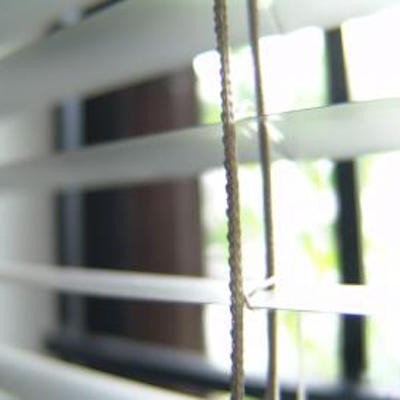
Prev
Next
Open Shades to Naturally
Few things can warm a room as well as the sun. Those warm rays of the sun can heat homes, even when temperatures outside begin to dip.
In order to save energy and reduce heating costs, open your shades during sunny days, even on colder days. The sun's radiation will do the work so your home heating system doesn't have to.
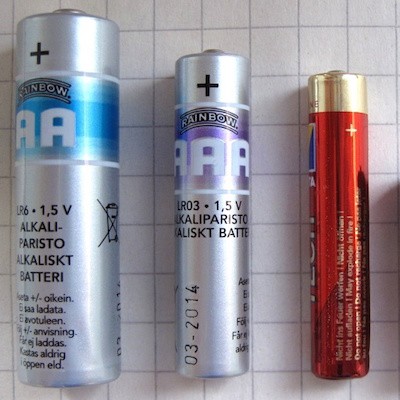
Prev
Next
Recycle Batteries
Are you an ornithology enthusiast? Do you love the sights and sounds of songbirds outside your window?
Keep your feathered friends returning to your yard by using a pinecone as a natural bird feeder. Recycle pinecones found in your yard by adding birdseed and peanut butter to your pinecone. Find more instructions here.

Prev
Next
Use Pinecones as Natural
Are you an ornithology enthusiast? Do you love the sights and sounds of songbirds outside your window?
Keep your feathered friends returning to your yard by using a pinecone as a natural bird feeder. Recycle pinecones found in your yard by adding birdseed and peanut butter to your pinecone. Find more instructions here.
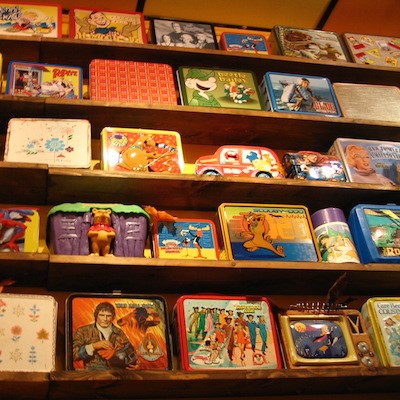
Prev
Next
Reusable Lunch Boxes
Do you send your kids off every day with their lunch in a brown paper bag? Try using a reusable lunch box instead to cut down on waste.
Even after middle and high schoolers have grown out of using their favorite superhero lunch box, there are plenty of subtle and understated designs to complement their style.
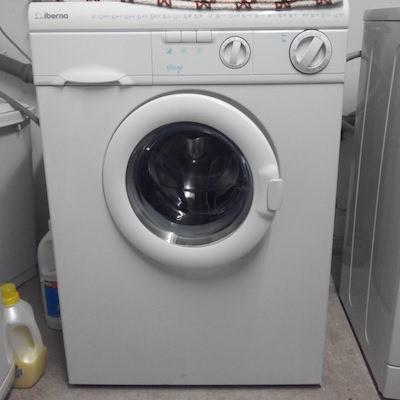
Prev
Next
Don't Dry Clean Only
Surprisingly, dry cleaning is far more harmful to the environment than your standard load of laundry done in a conventional washing machine.
If you have clothes that can be machined washed rather than dry cleaning, try giving them a run through the washer. And, if you're in the market for a new wardrobe, don't buy clothes with the "dry-clean only" label on them.
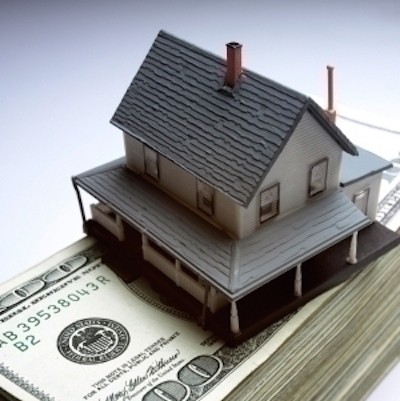
Prev
Next
Schedule an Energy Audit
Want to know exactly how much energy you could be saving? Then schedule a home energy audit. You can learn about opportunities for making your home more energy efficient and affordable.
Many of the energy efficiency measures you can take are available at a heavily reduced price (i.e. 75% off), thanks to incentives.
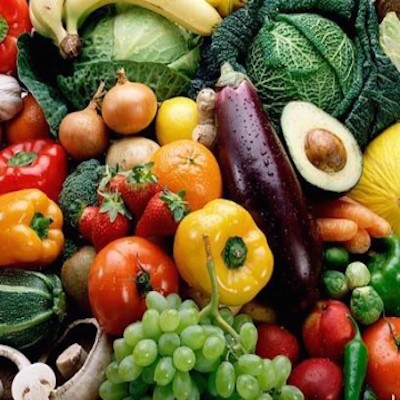
Prev
Next
Eat Less Meat
Unbeknownst to most people, meat requires a far larger ecological footprint to produce than fruits and vegetables.
Next time you plan a family dinner, try cooking with more vegetables and less meat. You'll save the environment and cook a healthier meal.
Related Articles
Enjoy this post? Share it with others.





 Email to a friend
Permalink
Email to a friend
Permalink
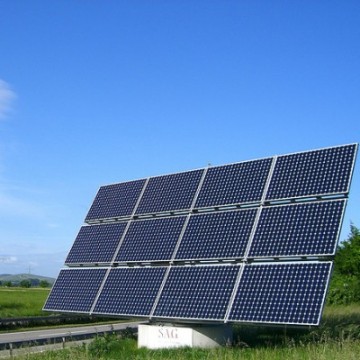
























































Follow us on Pinterest Google + Facebook Twitter See It Read It